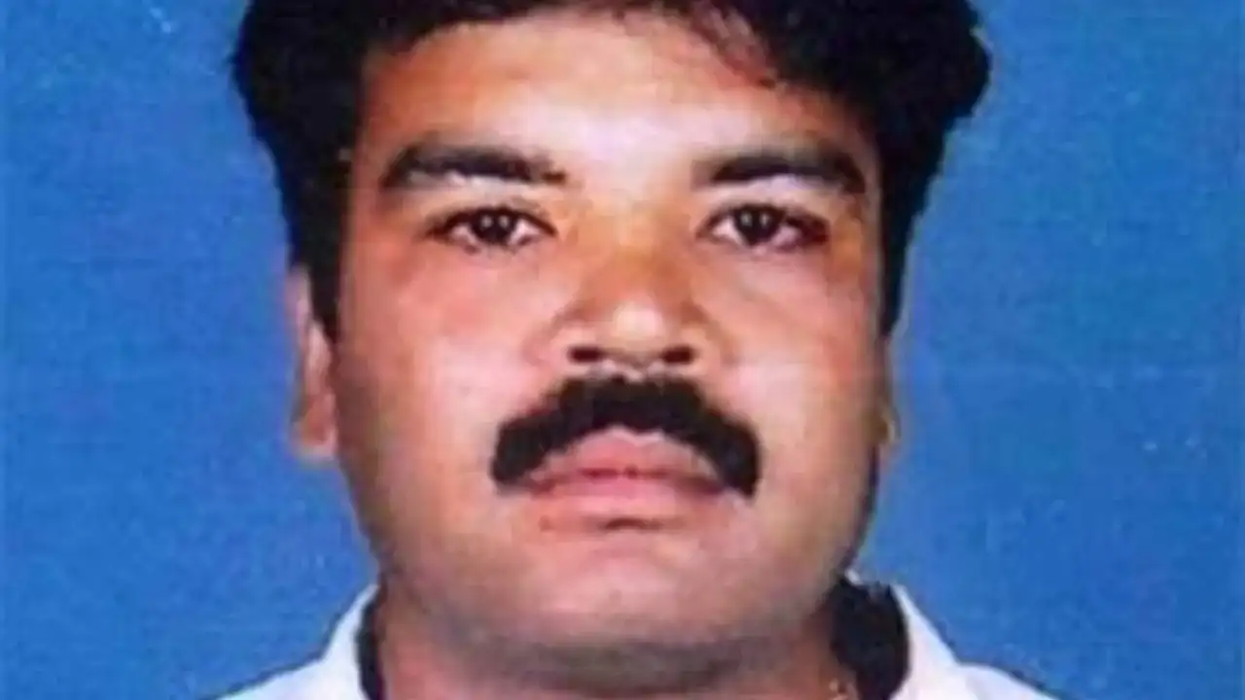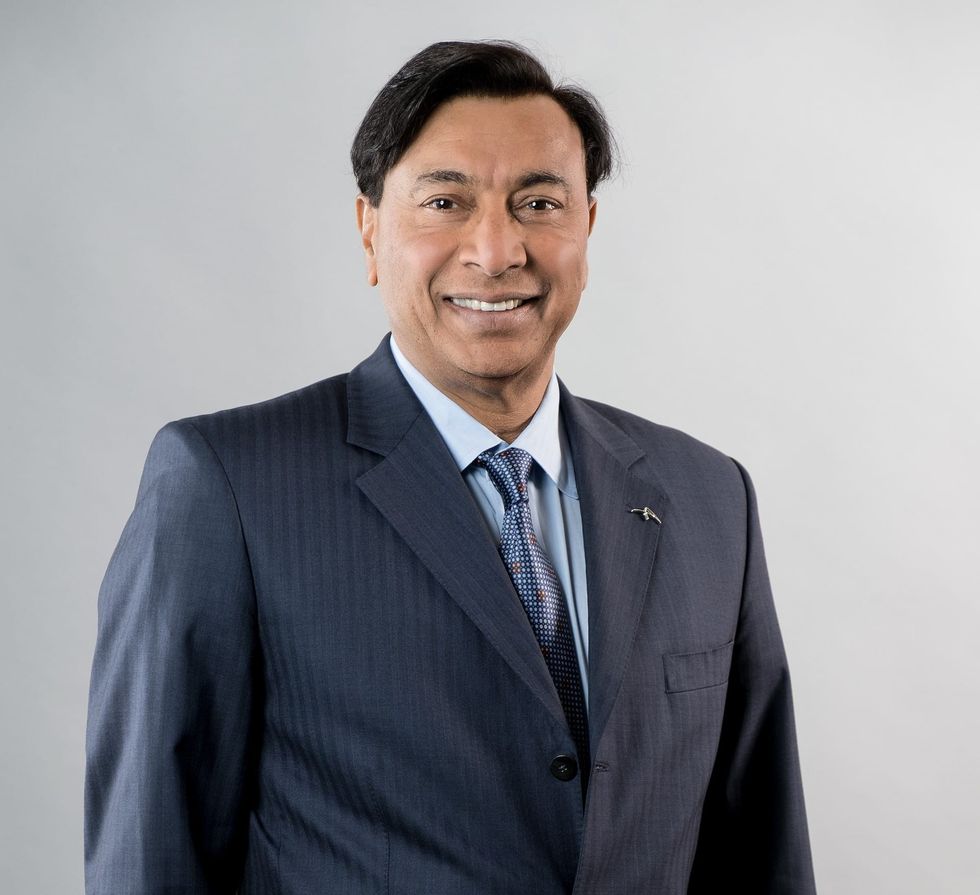INDIA has been lauded by a high-level panel on digital cooperation launched by UN chief general Antonio Guterres for undertaking revolutionary digital initiatives to ensure economic inclusion for its 1.3 billion citizens.
Launched in July last year by the UN secretary general, the 20-member panel, co-chaired by billionaire philanthropist Melinda Gates and Alibaba founder Jack Ma, in its report recognised the consequential role played by new digital ecosystem 'India Stack' in helping the government agencies and entrepreneurs achieve economic inclusion in India.
IndiaStack is a set of Application Programming Interface that allows governments, businesses, startups and developers to utilise a unique digital infrastructure to solve India's hard problems towards presence-less, paperless and cashless service delivery, its website said.
The panel, tasked to map the trends in digital technologies, identify gaps and opportunities and outline proposals for strengthening international cooperation.
It was launched to consider how digital cooperation can contribute to the achievement of the Sustainable Development Goals.
"Combinations of digital public goods can create 'common rails' for innovation of inclusive digital products and services," the panel's said in the report 'The Age of Digital Interdependence' at the UN headquarters this week.
"The India Stack is an example of how a unified, multi-layered software platform with clear standards, provided by public entities, can give government agencies and entrepreneurs the technological building blocks to improve service delivery and develop new business models which promote economic inclusion," it said.
The report recognised the revolutionary digital initiatives taken by India to ensure economic inclusion for its 1.3 billion citizens.
The report stressed that digital cooperation must be tailor-made to meet the requirements of individual nations and communities, highlighting how India is achieving financial inclusion through its own digital platforms.
"What works in one country may not work in another. Rather than try to replicate specific successes, digital cooperation should aim to highlight best practices, standards and principles that can create conditions for local innovations to emerge and grow based on local issues, needs and cultural values," it said
"India, for example, has added 300 million bank accounts in three years as new business models have been built on the India Stack, a set of government-managed online standards in areas including online payments and digital identity," the report said.
Introducing the report to the UN members states in the presence of the UN chief, minister of digitalisation of Norway and a member of the panel Nikolai Astrup referred to India's unique identity infrastructure 'Aadhaar'.
"There can be great mechanisms for enhancing International digital cooperation. We call it digital public goods and the good news is that there are already great such technologies and content out there," Astrup said.
"The Modular Open Source Identity Platform (MOSIP) which has been developed by Indian stakeholders and a group of international donors based on learnings generated from India's implementation of its Aadhaar system and other early implementation of digital ID systems," Astrup said.
Speaking at an informal meeting of the general assembly to hear a briefing by members of the panel, India's Permanent Representative to the UN Ambassador Syed Akbaruddin said the report highlighted that the spread of digital technologies has revolutionised the ability to communicate with others and to share and access knowledge.
It has also offered much-needed solutions for ending extreme poverty, to promoting inclusive economic growth and decent work to achieving universal literacy and doubling the productivity of small farmers, he said.
"While digital technologies are rapidly transforming societies and economies, they are also creating unprecedented challenges," Akbaruddin said.
"Digital technologies have brought new and serious concerns, including invasion of privacy, promotion of misinformation, infiltration of critical infrastructure through cyber-attacks, threat to human rights and the issue of the growing digital divide," he said.
Akbaruddin noted that around the world there are some very polarising debates about data protection frameworks, human rights regimes and security policies.
"While the speed and scale of digitisation is increasing rapidly, the agility, responsiveness and scope of cooperation and governance mechanisms need some serious catching up to do," he said.
Akbaruddin said the unique benefits and profound risks arising from the dramatic increase in computing power and interconnectivity in the digital age fall in the realm of the "known unknowns".
"In many ways, your report seems to me is a call for enhanced multi-stakeholder digital cooperation, involving governments, civil society, academics, technologists, marginalised groups and the private sector. Such cooperation must be grounded in common human values such as inclusiveness, respect, human-centeredness, human rights, international law, transparency and sustainability," Akbaruddin said.
He emphasised that to capture the power of digital technologies, there is a need to cooperate on the broader ecosystems that enable digital technologies to be used in an inclusive manner.
"This will require policy frameworks that directly support economic and social inclusion," he said.
(PTI)















 Lakshmi Mittal
Lakshmi Mittal 

